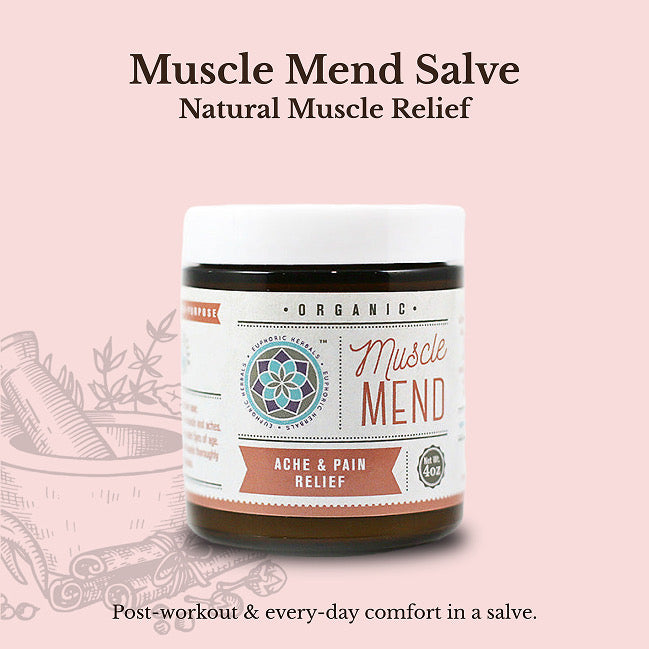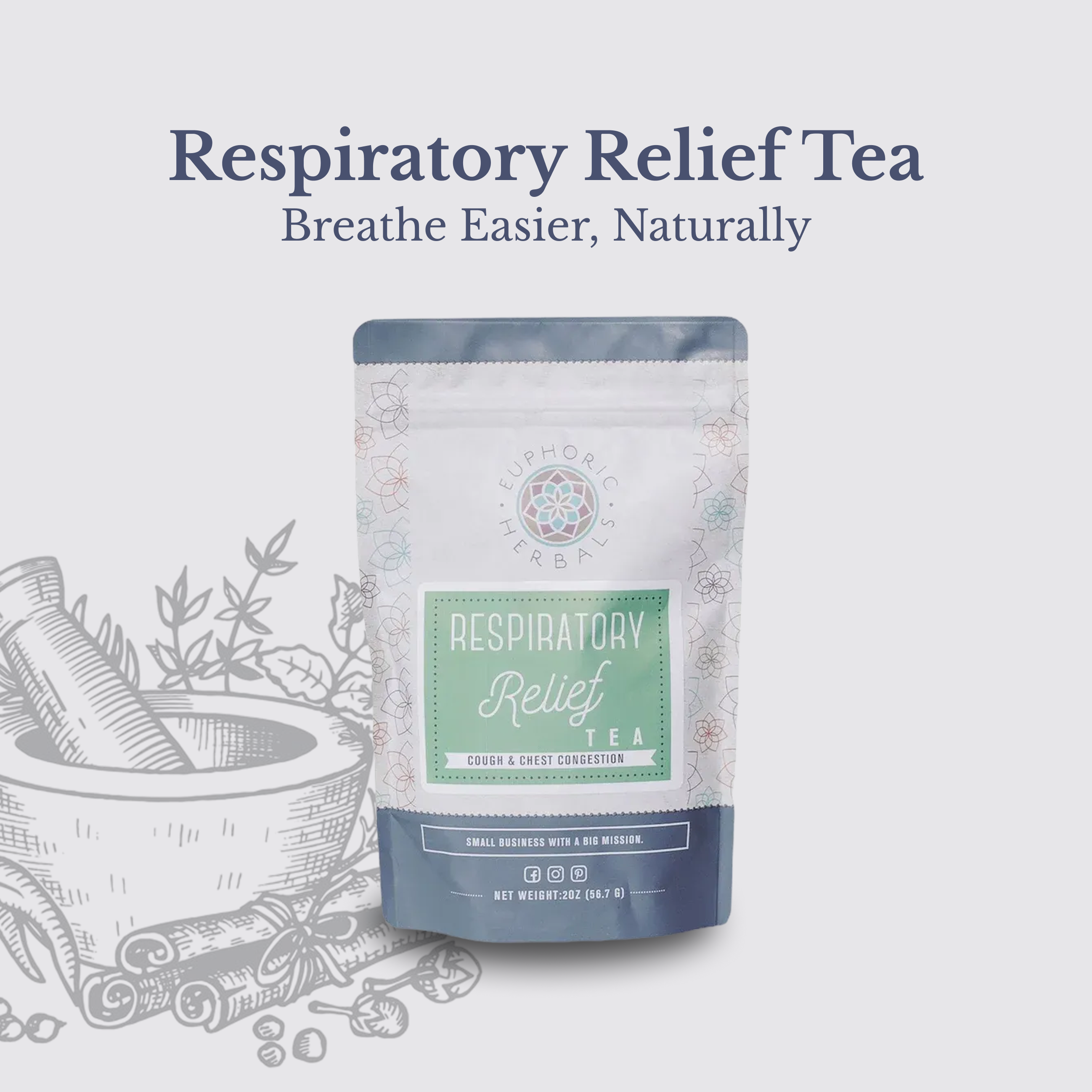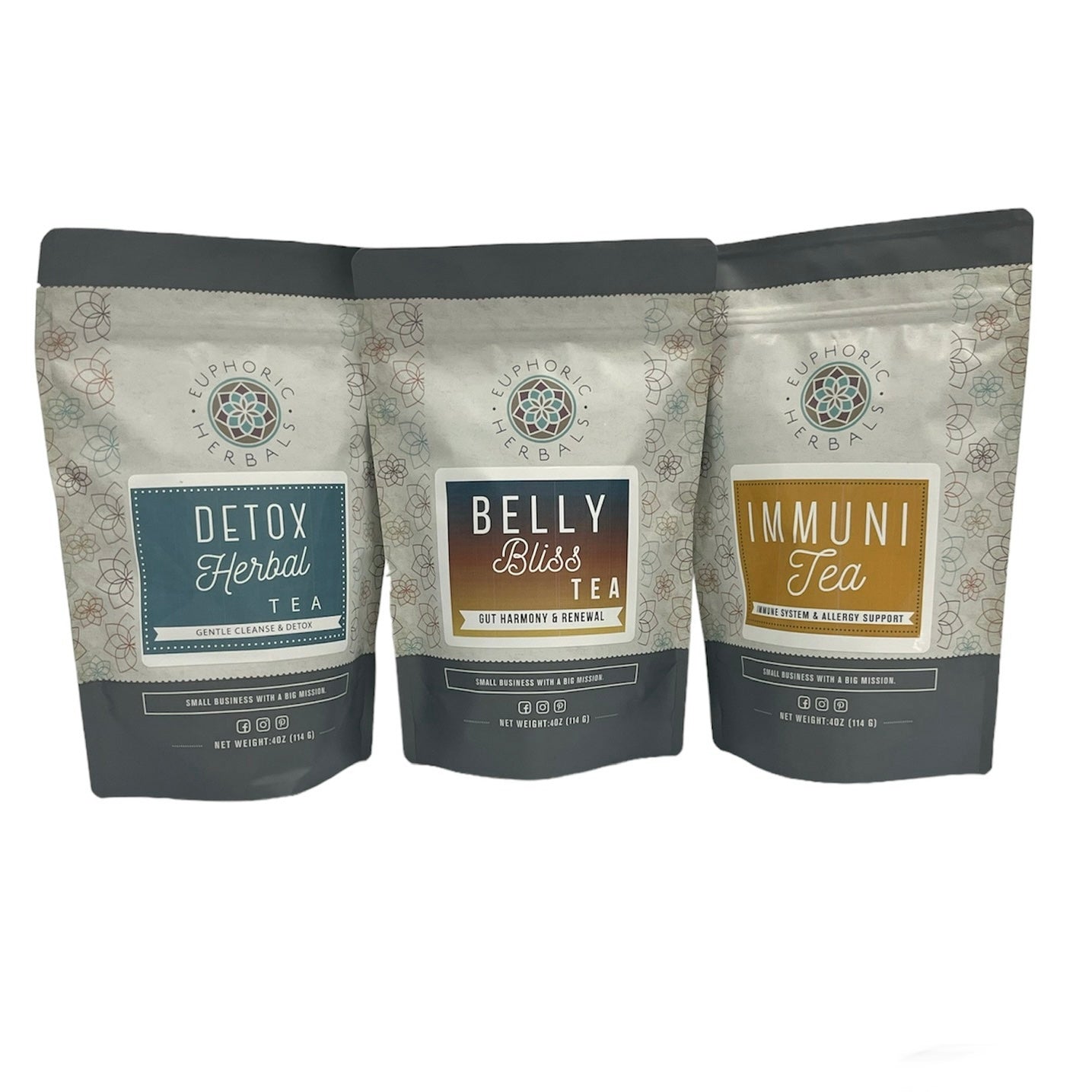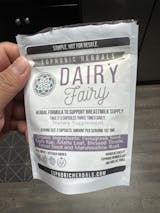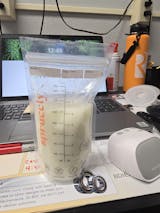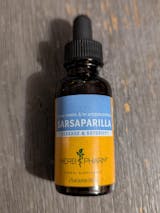Herbal workshops are much more than casual classes they’re catalysts for community connection, cultural exchange, and wellness education. In today’s digital-first world, many people feel disconnected from both nature and their neighbors. Hosting a herbal workshop bridges that gap, creating an environment where people can slow down, learn from one another, and discover the benefits of plants they may walk past every day without noticing.
A well-run herbal workshop can transform an ordinary Saturday morning into a memorable event filled with aroma, color, and conversation. Attendees can see, smell, touch, and taste herbs in their raw and prepared forms, learning directly through their senses something no online video can truly replicate.
Key Benefits for Participants
When participants leave a herbal workshop, they often do so with more than just new skills they leave with new friendships, fresh inspiration, and a deeper connection to the earth. Common benefits include:
-
Encouraging Healthier Lifestyles – Learning how to prepare herbal teas for digestion or immunity can replace less healthy habits and support long-term wellness.
-
Reducing Stress through Hands-On Learning – The act of crushing fresh lavender or brewing chamomile tea can be incredibly calming, allowing attendees to leave feeling refreshed.
-
Igniting Curiosity about Nature – Participants may start their own herb gardens, even if it’s just a few pots on a windowsill.
-
Strengthening Community Bonds – People who share hands-on activities together tend to form genuine, lasting connections.
Perhaps the most rewarding outcome is the ripple effect attendees often share their newfound skills with friends, neighbors, and family, spreading both knowledge and enthusiasm.
Planning Your Herbal Workshop
Choosing the Right Venue
Your venue sets the tone for the entire event. For herbal workshops, look for spaces that feel warm, welcoming, and closely connected to nature. Some top choices include:
-
Community Gardens – Surrounded by living plants, attendees can immediately see herbs in their natural habitat.
-
Libraries and Cultural Centers – These often have event rooms and built-in community audiences.
-
Parks and Outdoor Pavilions – Perfect for seasonal workshops, though you’ll need a backup plan for inclement weather.
-
Local Cafés or Tea Shops – Partnering with these spaces can create a cozy, aromatic setting while supporting a local business.
If possible, choose a location where herbs can be seen or gathered fresh during the workshop. Ensure there’s ample table space for demonstrations, good lighting for detail work, and comfortable seating for discussions. For events involving food or drink, confirm the venue’s rules and any local health regulations.
Setting a Date and Time
Choosing the right date and time can significantly impact attendance. Think about:
-
Seasonal Themes – In spring, focus on planting and fresh herbs. In summer, explore herbal iced teas or natural insect repellents. In autumn, highlight immune-boosting remedies. Winter workshops might focus on herbal broths, bath blends, or seasonal gift-making.
-
Community Calendar – Check for competing events and avoid overlapping with major festivals, sports finals, or other big gatherings.
-
Audience Needs – If targeting parents, avoid school pick-up times. If attracting working professionals, early evenings or weekend mornings are ideal.
Selecting Topics and Activities
Your workshop topic should be engaging, practical, and doable within your time frame. Examples include:
-
“Herbal Teas for Everyday Wellness” – Attendees blend and taste different herbal teas.
-
“Cooking with Garden Herbs” – Learn to infuse herbs into oils, vinegars, and dishes.
-
“DIY Herbal Skincare” – Make lip balms, salves, or facial steams.
-
“Creating a Herbal First Aid Kit” – Cover remedies for cuts, burns, and colds.
Always combine education with action — a short lecture followed by hands-on creation ensures attendees leave with something tangible and memorable.
Promoting Your Workshop
Leveraging Social Media
Social media remains one of the most powerful and affordable ways to promote a local event. Consider:
-
Short Educational Posts – Share tips on herbs related to your workshop theme.
-
Behind-the-Scenes Content – Post photos of herb gathering, ingredient prep, or venue setup.
-
Live Video Invitations – A personal video invite builds connection and excitement.
-
Event Pages – Facebook Events and local community boards make RSVPs easier to track.
Don’t underestimate the power of stories and reels, short, visually appealing videos of fresh herbs being chopped or tea being brewed can generate high engagement.
Partnering with Local Organizations
Partnerships extend your reach and credibility. Approach:
-
Local farms and growers who can supply fresh herbs
-
Independent health food stores or co-ops
-
Garden clubs and wellness centers
-
Local schools for youth-oriented workshops
Partnerships can also lead to co-hosting opportunities, shared mailing lists, and potential sponsorships.
Creating Eye-Catching Event Materials
Printed materials still work, especially in areas with a strong community presence. When designing flyers or posters:
-
Use vivid imagery — close-up shots of herbs, steaming mugs of tea, or people smiling during hands-on activities.
-
Keep text minimal but informative — Who, What, Where, When, Why.
-
Include a clear call-to-action — “Reserve Your Spot Today” or “Join Us for a Herbal Adventure.”
Post these materials in grocery stores, coffee shops, libraries, gyms, and farmers markets — anywhere your audience is likely to visit.
Engaging Participants During the Event
Hands-On Demonstrations
Demonstrations are the heartbeat of a herbal workshop. They transform knowledge into skill by letting people watch and then do. Consider:
-
Brewing herbal tea together and discussing their medicinal properties
-
Creating small herb planters for participants to take home
-
Demonstrating how to infuse oils with fresh or dried herbs
Provide clear, step-by-step instructions, and allow time for questions during the process.
Interactive Q&A Sessions
Set aside time for questions, but also encourage ongoing dialogue during activities. Many people hesitate to ask questions in front of the whole group, so having smaller breakout moments can help quieter participants engage.
If you’re working with a large group, consider using a “question jar” where people can drop anonymous questions to be answered later.
Group Activities for Community Building
Small-group projects encourage collaboration and creativity. Ideas include:
-
Herb identification challenges
-
Creating a “community herb blend” where each group contributes one herb
-
Sharing family herbal remedies or traditions
These activities not only deepen the learning experience but also help participants connect on a personal level.
Post-Event Follow-Up
Gathering Feedback
End your workshop with a simple feedback form. Keep it short, asking about:
-
Favorite part of the workshop
-
One thing they learned that they’ll use at home
-
Suggestions for future topics
Incentivize responses with a free tea sample or entry into a small giveaway.
Sharing Resources and Materials
Follow up with an email thanking participants for attending, including:
-
Recipes or instructions from the workshop
-
Photos (with permission)
-
Links to books, videos, or articles for further learning
-
Dates for upcoming workshops
This keeps the relationship alive and positions your events as an ongoing learning opportunity.
Encouraging Ongoing Involvement
Invite participants to join:
-
A local herbal club or gardening group
-
Volunteer opportunities in community gardens
-
Seasonal herbal events or fairs
Maintaining momentum ensures your workshop has a lasting impact beyond the initial gathering.
Conclusion
Hosting a herbal workshop is more than a fun community event it’s a step toward creating a healthier, more connected, and more informed neighborhood. By choosing the right venue, timing, and topic; promoting effectively; and engaging participants fully, you can craft an experience that inspires and empowers long after the last teacup is emptied.
Whether you start with a small group of friends or host a large public event ideas, the rewards go beyond the herbs themselves they grow in the relationships, conversations, and shared memories you cultivate along the way.
Ready to bring your community together through the power of herbs? Contact Euphoric Herbals to start planning your next herbal workshop today.
Frequently Asked Questions (FAQs)
Q1: How do I choose the right herbs for my workshop?
Select herbs that are locally available and relevant to the season. For beginners, start with familiar plants like mint, chamomile, or lavender, which are easy to work with and have clear uses.
Q2: How far in advance should I start planning my herbal workshop?
Ideally, begin planning 6–8 weeks in advance. This gives you enough time to secure a venue, promote the event, and gather materials.
Q3: What is the ideal group size for a herbal workshop?
For interactive learning, aim for 10–20 participants. This size allows for personal interaction while still being large enough to foster group energy.
Q4: How can I make my workshop more engaging?
Include hands-on activities, live demonstrations, and group projects. Provide take-home materials so participants can continue practicing what they learned.
Q5: Do I need formal training to host a herbal workshop?
Not necessarily. You should have solid knowledge of the herbs you’re covering and be transparent about your experience. If needed, collaborate with a trained herbalist for credibility and safety.






















































































































































































